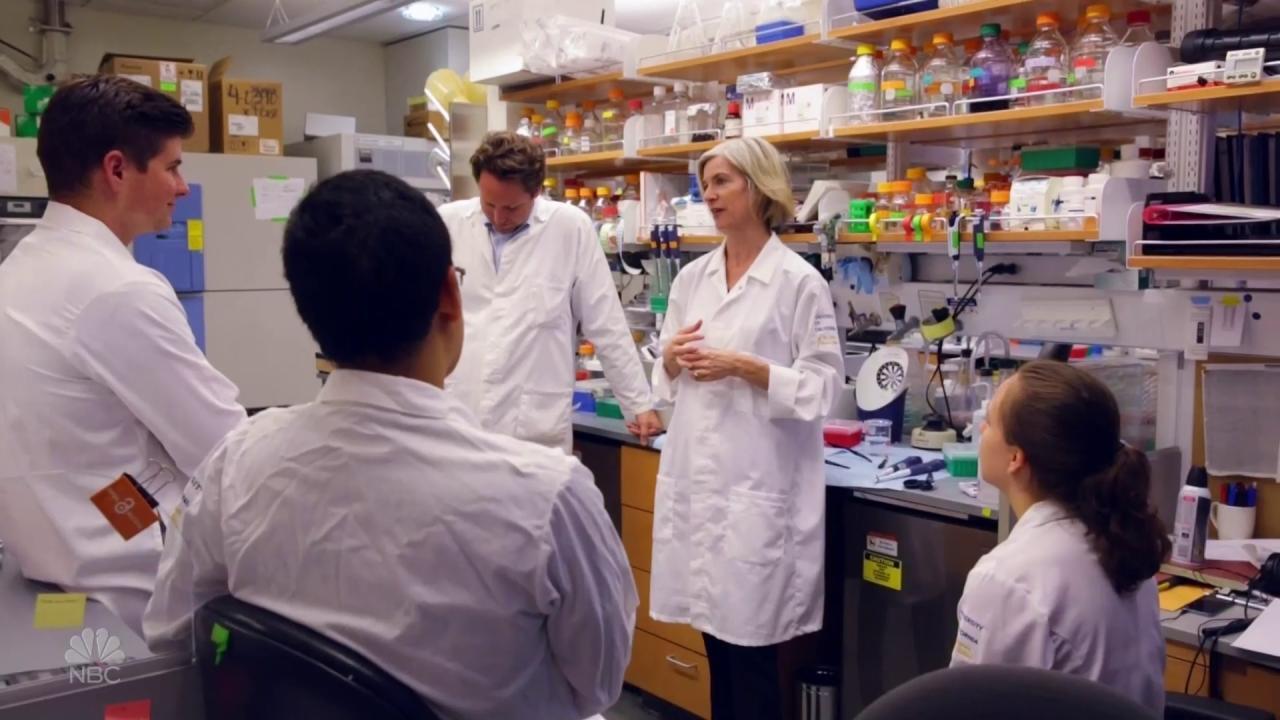Cephalopods can make sweeping changes to their RNA, favoring individual adaptations over species-level evolution.
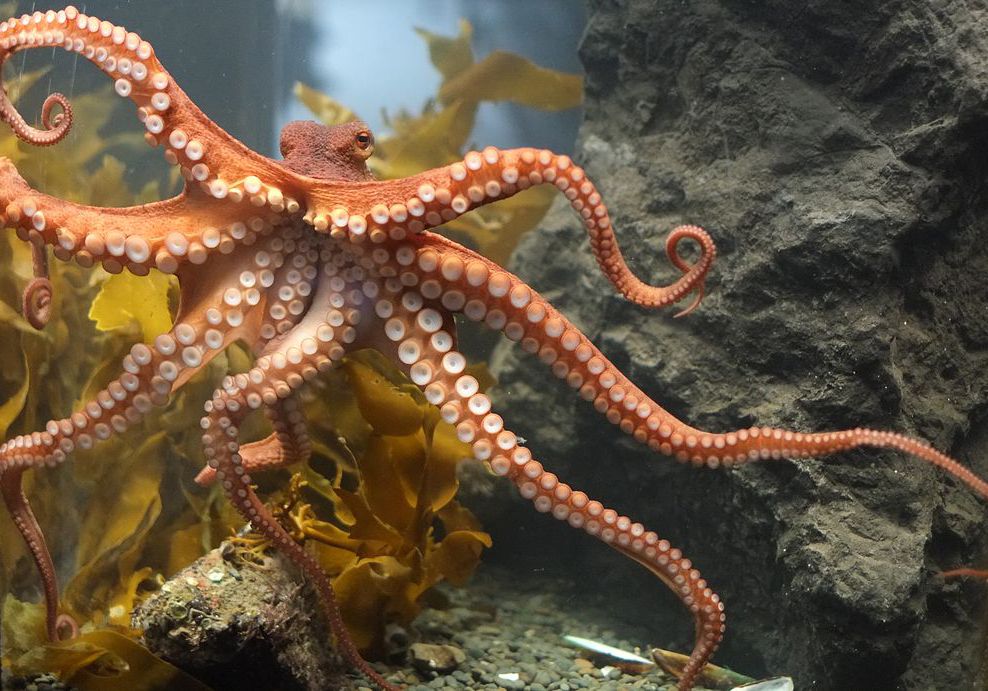

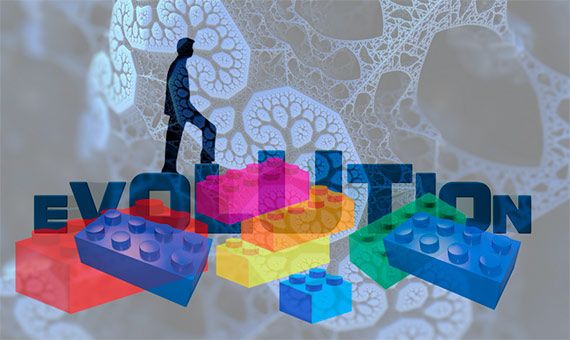

The future of military success will now be owned by those who conceive, design, build and operate combinations of information-based technologies to deliver new combat power. Caution, bureaucratic inertia, vested interest and institutional preference for evolution won’t work: this will only leave room for competitors to steal decisive advantage in the most challenging of competitions on Earth.
Unless the private and public sectors start sharing ideas, the UK will be left behind in the new arms race says former Joint Forces Command chief Richard Barrons.
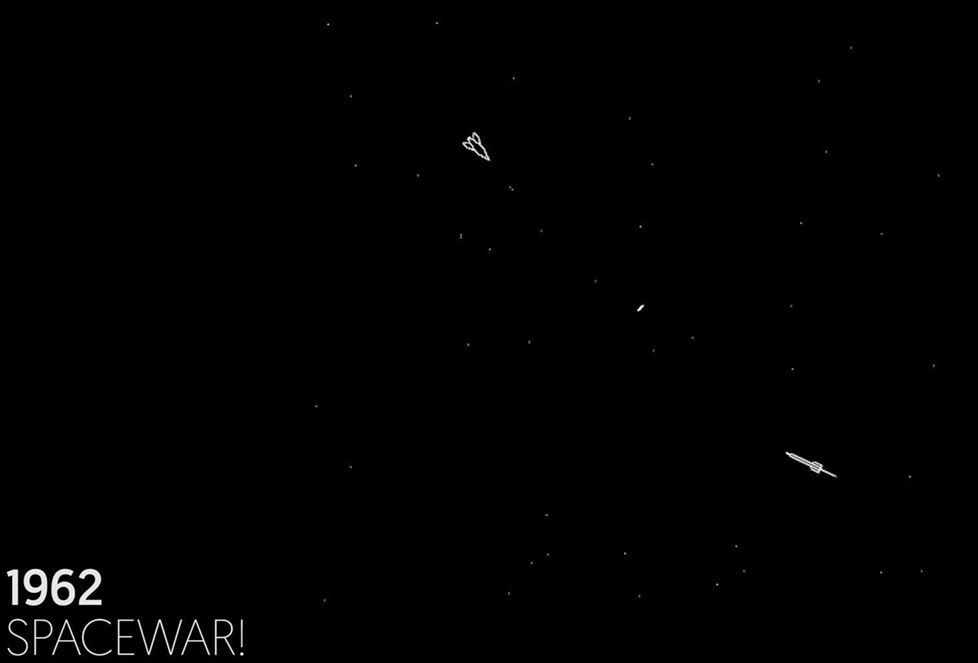

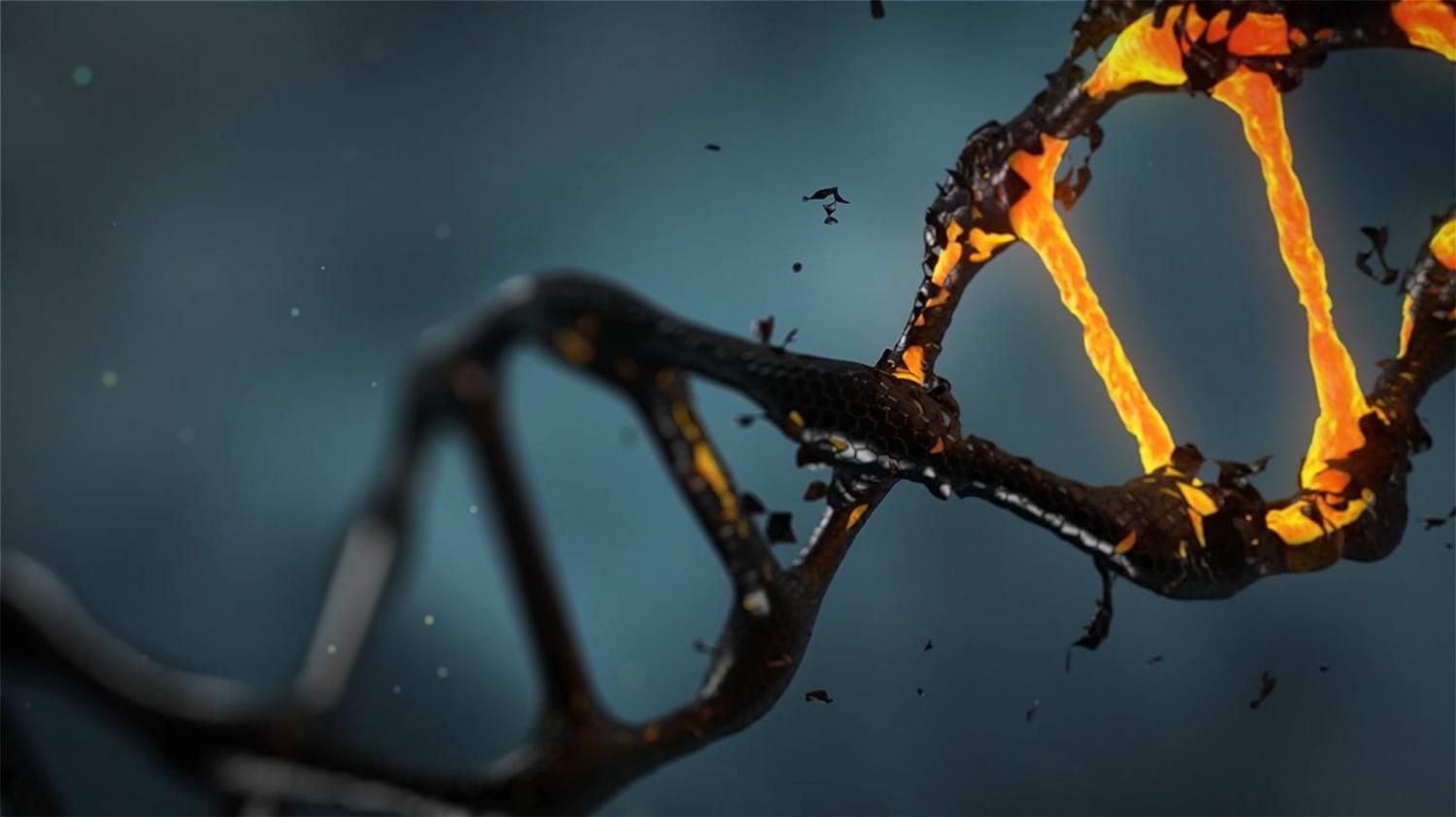
Researchers at the Institute of Molecular Biology (IMB) in Mainz, Germany, have made a breakthrough in understanding the origin of the ageing process. They have identified that genes belonging to a process called autophagy — one of the cells most critical survival processes — promote health and fitness in young worms but drive the process of ageing later in life. This research published in the journal Genes & Development gives some of the first clear evidence for how the ageing process arises as a quirk of evolution. These findings may also have broader implications for the treatment of neurodegenerative disorders such as Alzheimer’s, Parkinson’s, and Huntington’s disease where autophagy is implicated. The researchers show that by promoting longevity through shutting down autophagy in old worms there is a strong improvement in neuronal and subsequent whole body health.
Getting old, it’s something that happens to everyone and nearly every species on this planet, but the question is, should it? In a recent publication in the journal Genes & Development titled “Neuronal inhibition of the autophagy nucleation complex extends lifespan in post-reproductive C. elegans,” the laboratory of Dr Holger Richly at IMB, has found some of the first genetic evidence that may put this question to rest.
As Charles Darwin explained, natural selection results in the fittest individuals for a given environment surviving to breed and pass on their genes to the next generation. The more fruitful a trait is at promoting reproductive success, the stronger the selection for that trait will be. In theory, this should give rise to individuals with traits which prevent ageing as their genes could be passed on nearly continuously. Thus, despite the obvious facts to the contrary, from the point of evolution ageing should never have happened. This evolutionary contradiction has been debated and theorised on since the 1800s. It was only in 1953 with his hypothesis of antagonistic pleiotropy (AP) that George C. Williams gave us a rational explanation for how ageing can arise in a population through evolution. Williams proposed that natural selection enriches genes promoting reproductive success but consequently ignores their negative effects on longevity.
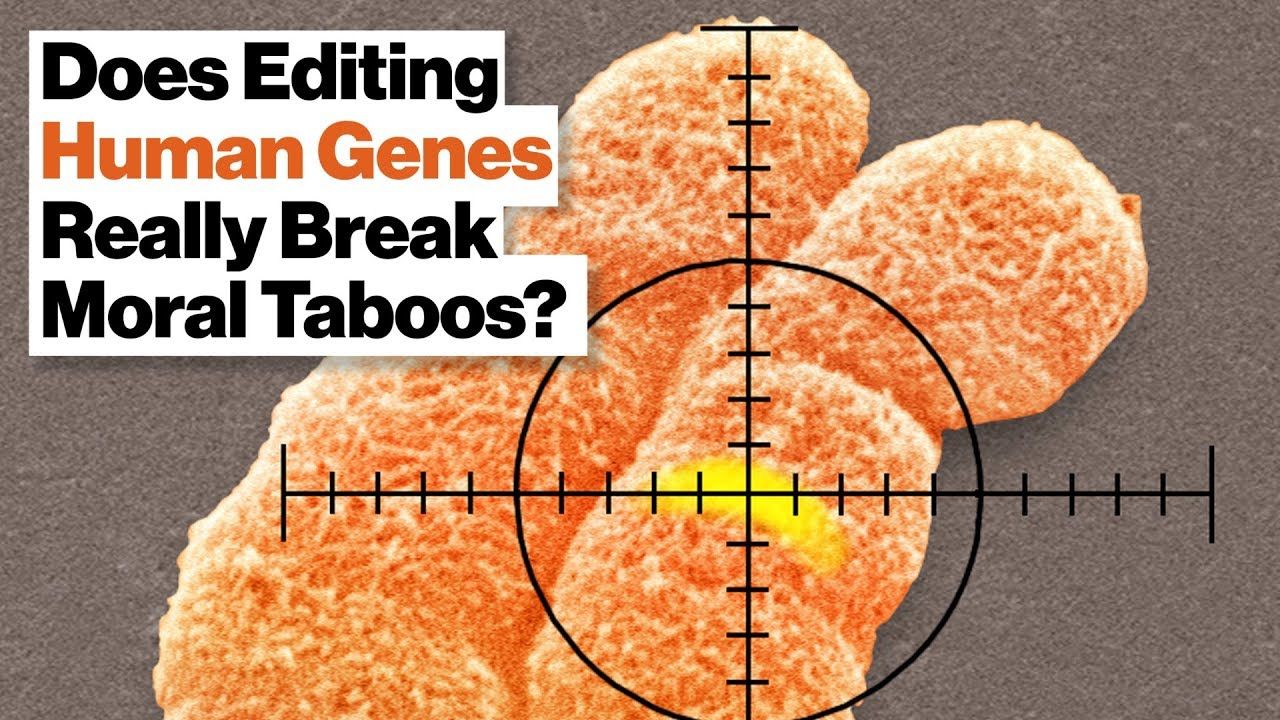
Announcement of CRISPR technology, which allows precise editing of the human genome, has been heralded as the future of individualized medicine, and a decried as a slippery slope to engineering individual human qualities. Of course, humans already know how to manipulate animal genomes through selective breeding, but there has been no appetite to try on humans what is the norm for dogs. That’s a good thing, says Dawkins. The results could well be dangerous. Does technology as a whole represent a threat to human welfare if it continues to evolve at its current rate? Not so fast, warns Dawkins. Comparing biological evolution to technological progress is an analogy at best. His newest book is Science in the Soul: Selected Writings of a Passionate Rationalist.
Follow Big Think here:
YouTube: http://goo.gl/CPTsV5
Facebook: https://www.facebook.com/BigThinkdotcom
Twitter: https://twitter.com/bigthink
Transcript: I think it’s — I’m a believer in the precautionary principle as I’ve just said, and I think we have to worry about possible consequences of things that we do, and the ability to edit our own genomes is one thing we ought to worry about. I’m not sure it’s so much an ethical problem as a more practical problem. What would the consequences be? Would the consequences be bad? And they might be.
I think it’s worth noticing that long before CRISPR long before it became capable of editing our genomes in anyway we have been editing the genomes of domestic animals and plants by artificial selection, not artificial mutation, which is what we’re now talking about, but artificial selection. When you think that a Pekingese is a wolf, a modified wolf, a genetically modified wolf—modified not by directly manipulating genes but by choosing for breeding individuals who have certain characteristics, for example, a small stubbed nose, et cetera, and making a wolf turn into a Pekingese. And we’ve been doing that very successfully with domestic animals like dogs, cows, domestic plants like maize for a long time, we’ve never done that to humans or hardly at all.
Hitler tried it but it’s never really been properly done with humans I’m glad to say. So if we’ve never done that with humans with the easy way, which is artificial selection, it’s not obvious why we would suddenly start doing it the difficult way, which is by direct genetic manipulation. There doesn’t seem to be any great eagerness to do it over the last few centuries anyway.
A lot of people have problems with what they call designer babies. You could imagine a future scenario in which people go to a doctor and say, “Doctor, we want our baby to be a musical genius. Please edit the genes so that we have the same genes as the Bach family had or something like that to make them into a musical genius.” I mean that horrifies many people.
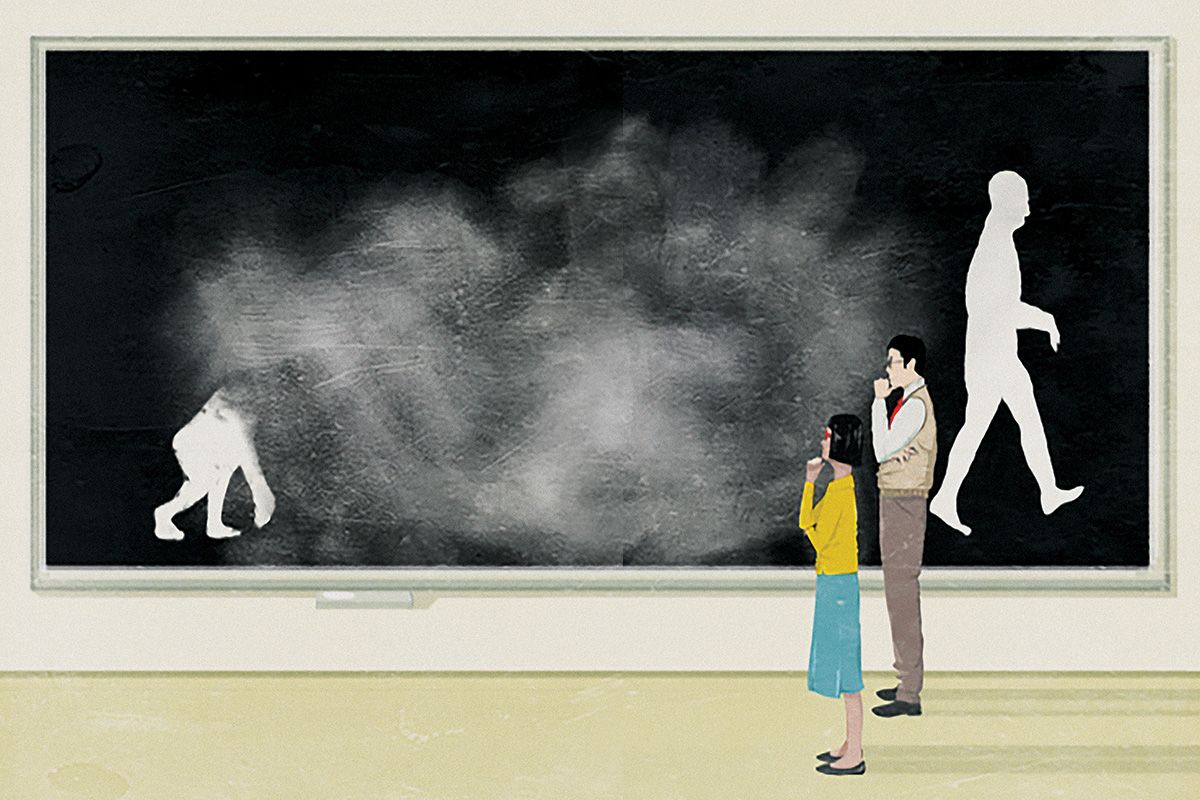
Think again, because over the past 15 years, almost every part of our story, every assumption about who our ancestors were and where we came from, has been called into question. The new insights have some unsettling implications for how long we have walked the earth, and even who we really are.
The past 15 years have called into question every assumption about who we are and where we came from. Turns out our evolution is more baffling than we thought.
By Colin Barras
WHO do you think you are? A modern human, descended from a long line of Homo sapiens? A distant relative of those great adventure-seekers who marched out of the cradle of humanity, in Africa, 60,000 years ago? Do you believe that human brains have been getting steadily bigger for millions of years, culminating in the extraordinary machine between your ears?
[youtube_sc url=“https://youtu.be/Lw_wEyoUrhI”]
How will our relationship to technology evolve in the future? Will we regard it as something apart from ourselves, part of ourselves, or as a new area of evolution? In this new video from the Galactic Public Archives, Futurist Gray Scott explains that we are a part of a technological cosmos. Do you agree with Scott that technology is built into the universe, waiting to be discovered?
Follow us on social media:
Twitter / Facebook / Instagram
Follow Gray Scott:
